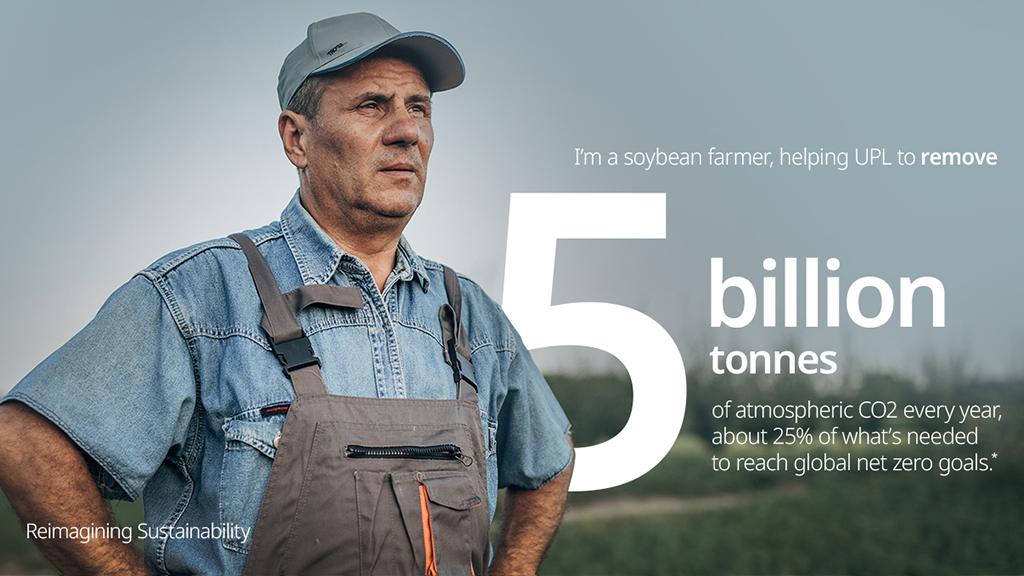Agricultural soil carbon sequestration – an important part of a vital tool
Did you know that soils hold more than three times as much carbon than the atmosphere? Carbon Sequestration, the removal of Carbon Dioxide (CO2) from the atmosphere, is one of the most significant and scalable tools we have at our disposal to reach net zero. There are many ways of sequestering carbon, including through manmade technologies and natural geological processes, but one of the most important ways is through plant photosynthesis. CO2 removed in this way is then stored as Soil Organic Carbon (SOC), in this form it can not only help us reach net zero it also directly improves soil’s water and nutrient qualities, helping ecosystems even further.
Studies have shown that improving carbon sequestration by plants – including agricultural crops and natural grasslands and forests – could help to offset up to 5.5 billion tonnes of Green House Gases (GHG), which include carbon dioxide, every year. According to a study of how much carbon needs to be sequestered annually, soil carbon could contribute up to half of the required annual sequestration of 10 billion tonnes by 2050.
However, much work needs to be done to realise agriculture’s full carbon sequestration potential. At UPL, we’re working to empower farmers to be climate champions – helping them secure strong, climate-resilient yields, rebuild and maintain soil health, and use their crops to sequester carbon as effectively and efficiently as possible. And what’s more, we’re incentivising and rewarding farmers for this important work. Our Gigaton Carbon Goal aims to sequester a gigaton of carbon in agricultural soils by 2040, helping towards wider net zero targets while also supporting farmers’ incomes through carbon credits.
We’re also equipping farmers with sustainable, biological inputs from our Natural Plant Protection (NPP) that use naturally-derived active ingredients. These ingredients range from orange oil to seaweed and support crop health, improving their sequestration capacity as they do so. Alongside leading capacity building initiatives that offer training in good agricultural practices (GAPs) that further support sequestration, such as cover cropping and no-till practices, UPL is able to offer farmers a holistic package of support to significantly mitigate global carbon emissions.

